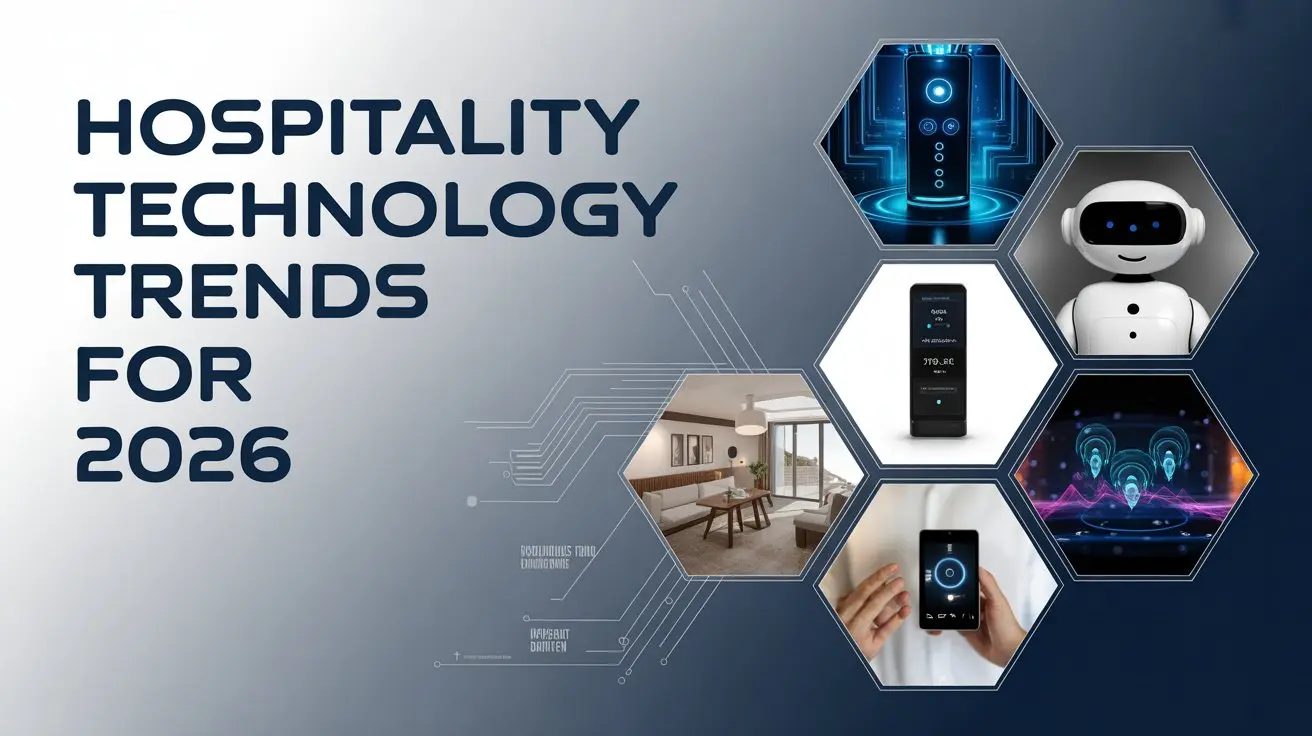
"Technology is now central to how hotels operate and how guests choose where to stay. By 2026, the combination of guest expectations, cost pressures, workforce limits, and sustainability demands will make technology not an optional add-on but a core part of hotel strategy. Global and regional forces are pushing hoteliers to adopt tools that improve guest satisfaction, reduce operating costs, create new revenue opportunities, and protect the environment."
"AI is no longer experimental. Hotels are planning large-scale AI deployments and pilots that reach from guest messaging to revenue management to operations. Key facts and context Nearly 9 out of 10 hoteliers plan to deploy new AI solutions in and around 2026. This includes chatbots, advanced messaging, and AI for pricing and operational decisions. A major barrier to AI delivering full value is fragmented systems."
"Only about half of the properties report mostly integrated toolsets. Practical tips you can implement now Why this matters AI can reduce repetitive tasks and allow staff to focus ohigher-valueue, human interactions. For revenue teams, AI fine-tunes pricing in minutes, not hours, improving RevPAR. For operations, predictive maintenance avoids expensive emergency repairs. 2. Smart rooms and IoT at scale Smart room features and Internet of Things devices provide guest personalization and measurable operational savings when deployed well."
Technology has become central to hotel operations and guest choice, driven by guest expectations, cost pressures, workforce limits, and sustainability demands. By 2026 hotels will need technology as a core strategy to improve guest satisfaction, reduce operating costs, create new revenue, and protect the environment. Widespread AI deployments—nearly nine out of ten hoteliers plan AI solutions by 2026—cover messaging, pricing, and operations, but fragmented PMS, CRM, and service systems block end-to-end personalization. AI can cut repetitive tasks, enable dynamic pricing and predictive maintenance. Smart rooms and IoT offer personalization and measurable savings. Pakistan and South Asia require regionally tailored, actionable technology checklists.
Read at Food & Beverage Magazine
Unable to calculate read time
Collection
[
|
...
]